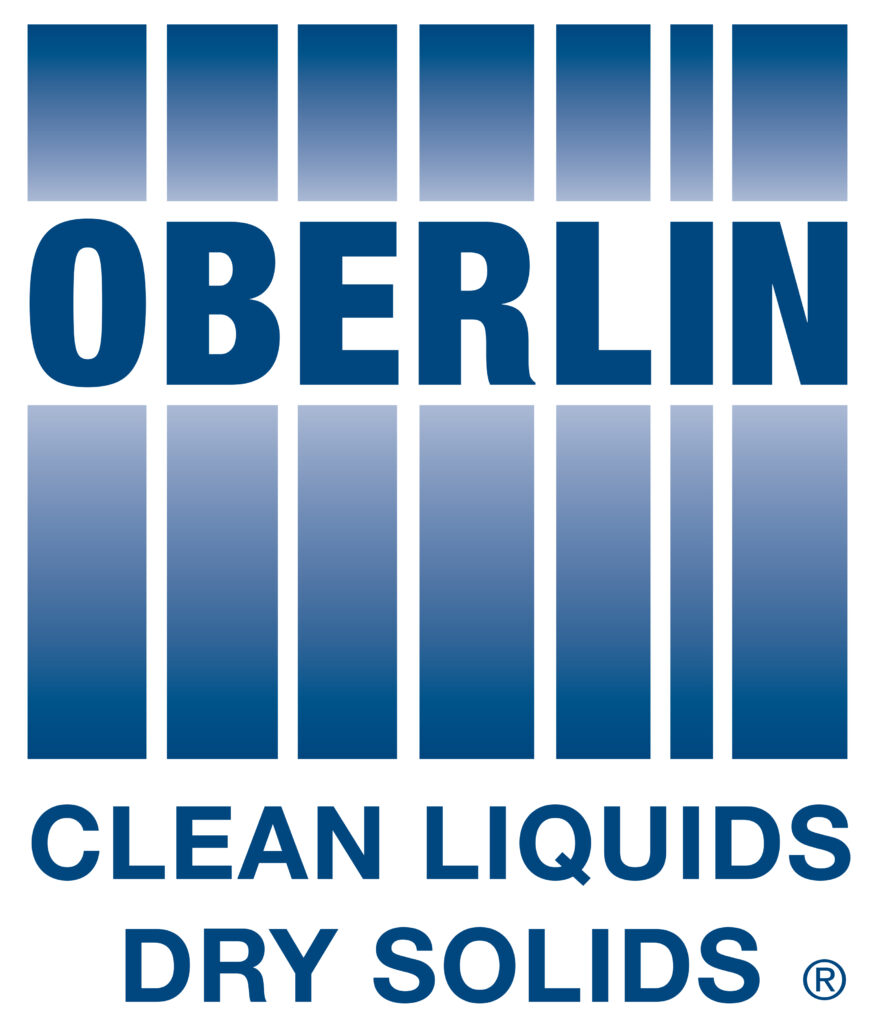Machine Coolant Basics: Maximize Your Shop’s Efficiency
Years of experience in the industry, especially in filtration, have taught us the importance of often-overlooked shop essentials. Machine coolant is a prime example.
Why Machine Coolant Matters
The name says it all – coolant prevents your cutting tools and workpieces from overheating. This directly translates to reduced tool wear, higher-quality parts, and longer machine lifespan. Like engine oil in your car, it lubricates to reduce friction and carries away metal debris for a cleaner work environment.
Applying Coolant Effectively
Flood Systems: The versatile choice. Cools, lubricates, and evacuates chips.
Air Blast: Simple and effective for certain tasks, but lacks lubrication.
Misting: Rapid chip removal, but consider potential health impacts.
The Challenge of Hard Water
Your location is key! In hard water areas (common in the Southwest and upper Midwest), consider deionized water for your coolant tank. Mineral buildup from evaporation can compromise coolant performance. Some shops use a clever strategy: hard water for the initial fill, then deionized water for top-offs.
Corrosion Protection
Certain metals are prone to rust. Quality coolants create a protective barrier on your workpieces to prevent this.
Is a Universal Coolant Right for You?
It depends. If your shop works with a variety of metals, consult your coolant supplier. You may be able to streamline without sacrificing performance.
Filtration is Key
Those metal ‘fines’ in your coolant? A robust filtration system removes them, extending coolant life and safeguarding your valuable machinery. (Of course, we believe our filtration system is top-notch, but we’ll save that for another conversation.)
Curious how an Oberlin Filter can improve your operations?
Contact us through our website for a free consultation with a Filtration Specialist. Or, explore our “how it works” page on our website for a closer look.
JOIN OUR INDUSTRY NEWSLETTER
Your source for expert filtration knowledge, tips, and solutions to keep your operations running smoothly.
